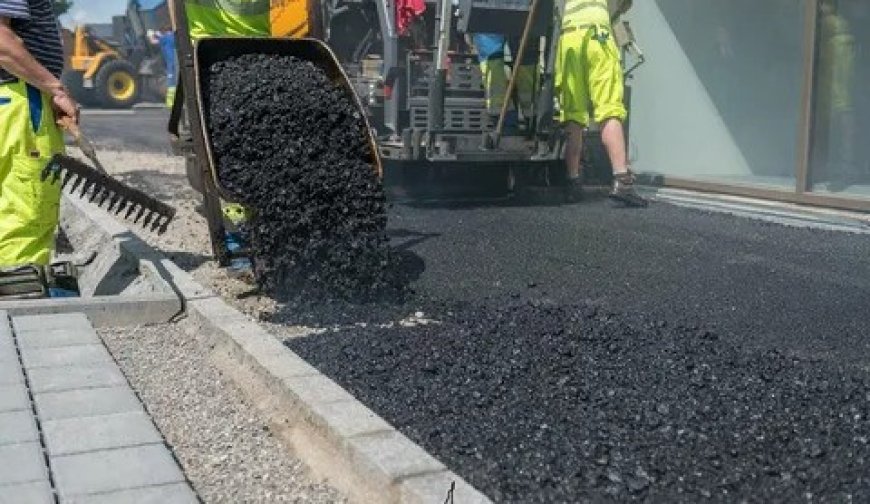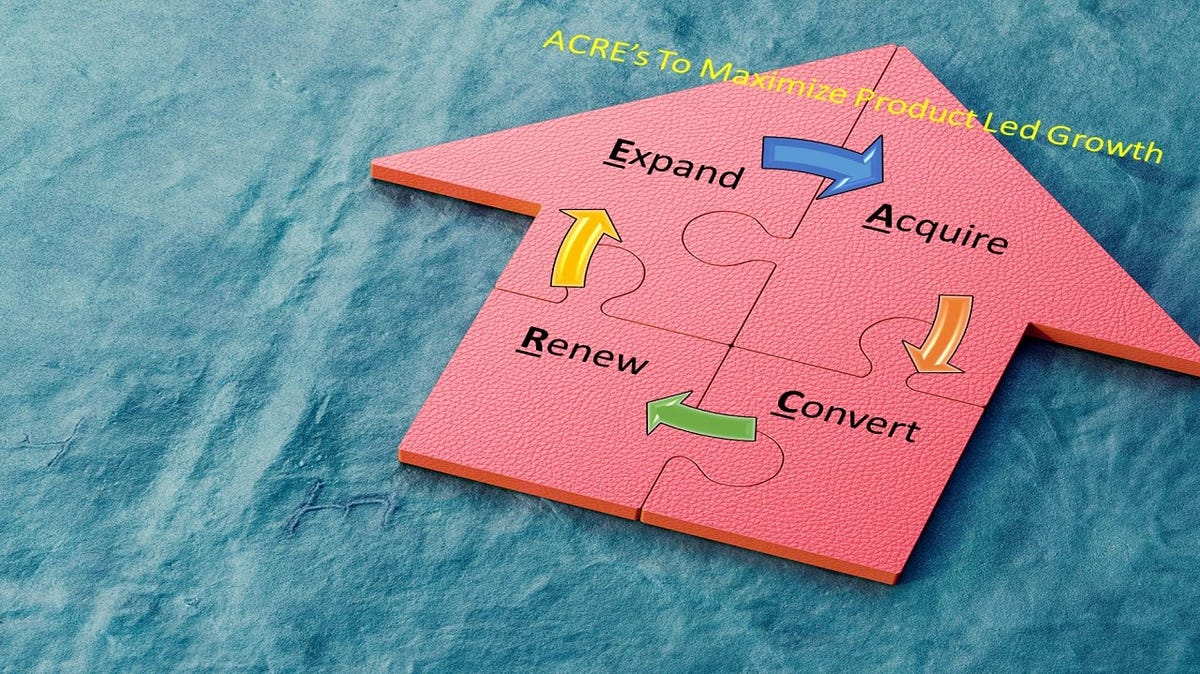The Enduring Road Ahead: A 2025 Guide to Asphalt Paving and Expert Contractor Paving
In the vast landscape of infrastructure, pavements are often the unsung heroes, facilitating commerce, connecting communities, and ensuring safe passage. Among the various materials utilized for these critical surfaces, asphalt paving stands out as a versatile, durable, and economically sound choice for everything from bustling highways to quiet residential driveways. As we move further into 2025, understanding the nuances of asphalt, its diverse types, the tell-tale signs of wear, and effective repair strategies becomes increasingly important for property owners and municipal planners alike. Navigating these complexities necessitates the expertise of seasoned contractor paving professionals, whose knowledge ensures optimal installation, timely maintenance, and lasting performance.

The Enduring Appeal of Asphalt Paving
Asphalt has long been a preferred material for its remarkable blend of strength, cost-efficiency, and adaptability. Its inherent flexibility allows it to expand and contract with temperature fluctuations, making it exceptionally stable and less prone to cracking in regions experiencing diverse climates. This durability translates into a long lifespan, capable of resisting the wear and tear from heavy traffic and harsh weather conditions for many years.
Beyond its robustness, asphalt paving offers significant advantages in terms of installation speed; surfaces can often be installed and become usable within a day or two, minimizing disruption. Its smooth finish contributes to vehicle safety by reducing skidding risks and providing excellent tire grip, while also draining water effectively. From an environmental perspective, asphalt boasts an impressive sustainability profile as it can be fully recycled, making it a responsible choice for modern infrastructure projects. These combined benefits underscore why asphalt remains a leading choice for countless paving applications.
Understanding Asphalt Types: Tailoring Solutions for Every Need
The versatility of asphalt extends to its various formulations, each designed for specific applications and environmental conditions. A knowledgeable contractor paving expert understands these distinctions, selecting the optimal type for a project's unique demands.
Hot Mix Asphalt (HMA) is the traditional standard for most roads and driveways. Produced at high temperatures, it forms a strong, durable bond, ensuring longevity and resilience under heavy use. Its installation typically requires dry, warm weather to achieve proper compaction and curing.
Warm Mix Asphalt (WMA) offers a more sustainable alternative. Produced at slightly lower temperatures than HMA, it’s easier to handle, provides more working time during cooler installations, and significantly reduces emissions, making it a cleaner option.
For immediate or emergency repairs, Cold Mix Asphalt (CMA) is invaluable. It requires no heating and can be used for quick fixes of potholes and cracks, even in winter or wet conditions. While highly convenient for temporary solutions, it is generally not considered a permanent repair.
Porous Asphalt is an innovative solution designed with environmental concerns in mind. Its open-graded structure allows water to pass directly through the pavement surface into a prepared base, preventing standing water, reducing stormwater runoff, and alleviating strain on drainage systems. It's an excellent choice for parking lots and pathways in areas prone to water management issues.
Finally, Coarse Graded Asphalt typically serves as a robust foundational layer. Its rougher texture and sturdiness make it ideal for handling heavy loads, contributing significantly to the overall structural integrity and durability of the entire pavement system when used beneath other mixes. The selection of the correct asphalt type is a critical decision that a reputable contractor paving professional will guide clients through, ensuring the material aligns perfectly with the project's requirements and long-term goals.
Recognizing the Red Flags: Common Asphalt Damage Signs
Even the most robust asphalt paving will eventually show signs of wear and tear. Recognizing these early indicators of damage is crucial for timely intervention by a contractor paving specialist, preventing minor issues from escalating into costly repairs.
Cracks are often the first visible signs of distress. These can manifest in several forms:
-
Alligator Cracks (or fatigue cracks) resemble reptile skin and indicate a weak underlying base unable to support traffic weight.
-
Longitudinal Cracks run parallel to the direction of traffic, often caused by pavement expansion and contraction due to temperature fluctuations or poor joint construction.
-
Block Cracks form large, rectangular patterns, typically resulting from a stiff asphalt mix or excessive drying, and signify a loss of elasticity.
-
Edge Cracks appear along the outer perimeter of the pavement, often due to weak shoulders, lack of support, or poor drainage causing water erosion.
-
Transverse Cracks cut across the pavement, commonly due to repeated temperature cycles or reflective cracking from underlying layers.
Potholes are another common problem, forming when small cracks allow water to seep beneath the surface. As temperatures drop, this water freezes and expands, breaking the asphalt. Repeated traffic pressure then dislodges the broken pieces, creating the familiar depression.
Depressions and Rutting are sunken spots or grooves that form in the wheel paths from repeated heavy traffic. These indicate underlying structural issues in the pavement layers and can collect water, accelerating further damage.
More severe issues include Stripping, where the bond between the asphalt binder and aggregate breaks down, often due to water infiltration. Base Failures represent the most critical damage, involving the shifting or breakdown of the sub-base layers, leading to significant dips, deep cracks, and widespread sinking sections that compromise the entire pavement structure.
Expert Solutions: How Contractor Paving Fixes Asphalt Damage
Addressing asphalt damage effectively requires the specialized knowledge and techniques that only professional contractor paving services can provide. The repair method chosen depends on the type and severity of the damage.
Crack Filling is a cost-effective, simple method where a rubber-like sealant is poured into cracks to block water infiltration, preventing deeper structural damage. While not a permanent fix, it significantly extends the pavement's life.
Sealcoating involves applying a thin, protective layer over the entire asphalt surface. This guards against water penetration, UV radiation, oil spills, and oxidation, revitalizing the pavement's appearance and significantly extending its lifespan.
Patching is used for isolated areas of damage like potholes or shallow ruts. It involves cutting out the deteriorated section and replacing it with fresh asphalt. Hot patch is used for durable, long-term repairs, while cold patch offers a quick, temporary solution for emergencies.
For more widespread surface deterioration where the foundation remains sound, Milling and Overlay is an efficient solution. The top layer of old asphalt is precisely removed through milling, and a new layer of asphalt paving is then applied over the existing, stable base. This restores a smooth surface and rejuvenates the pavement at a lower cost than a full replacement.
Finally, Full Replacement is the most extensive solution, necessary when the pavement is extremely old, severely compromised, or experiencing widespread base failure. This involves completely tearing out the old asphalt and rebuilding the pavement from the ground up, providing a brand-new surface with its full intended strength and lifespan. A skilled contractor paving specialist will accurately diagnose the damage and recommend the most appropriate and cost-effective repair strategy.
Investing in Longevity: Maintenance and the Role of Professional Contractors
Maximizing the lifespan and performance of asphalt paving is not just about initial installation; it's also about consistent, expert maintenance. Regular inspections by a qualified contractor paving team can identify minor issues before they escalate, allowing for proactive crack sealing or patching. Implementing a routine sealcoating schedule every few years protects the asphalt from environmental degradation, preserving its aesthetic appeal and structural integrity.
Engaging professional contractors for both installation and maintenance provides a seamless approach to pavement management. Their understanding of asphalt's properties and common failure modes allows them to develop tailored maintenance plans that prevent premature wear and address damage efficiently. This long-term partnership ensures that your asphalt surfaces continue to provide a safe, functional, and attractive asset for many years, yielding maximum return on your investment.
Looking Ahead: The Future and Professional Asphalt Paving
As we navigate the mid-2020s, the field of asphalt paving continues to evolve with advancements in materials, construction techniques, and sustainable practices. Professional contractor paving companies remain at the forefront, continually integrating innovations like advanced asphalt mixes, improved recycling methods, and more precise installation technologies. Their commitment to ongoing training and adoption of best practices ensures that paved surfaces are not only durable but also meet contemporary environmental and performance standards. This forward-looking approach underscores the enduring value of partnering with experts for all your asphalt needs.
Conclusion
In conclusion, asphalt paving remains a cornerstone of modern infrastructure, offering a compelling combination of durability, cost-effectiveness, and versatility. From understanding the nuanced types of asphalt to recognizing early signs of damage and implementing effective repair strategies, knowledgeable decision-making is key to maximizing this investment. The indispensable role of expert contractor paving cannot be overstated; their specialized expertise ensures flawless installation, timely and effective repairs, and comprehensive maintenance that extends the life of asphalt surfaces for decades. By entrusting your paving needs to reputable professionals, you secure not just a surface, but a lasting asset that enhances functionality, safety, and value for years to come.




































































































![Building A Digital PR Strategy: 10 Essential Steps for Beginners [With Examples]](https://buzzsumo.com/wp-content/uploads/2023/09/Building-A-Digital-PR-Strategy-10-Essential-Steps-for-Beginners-With-Examples-bblog-masthead.jpg)

















































